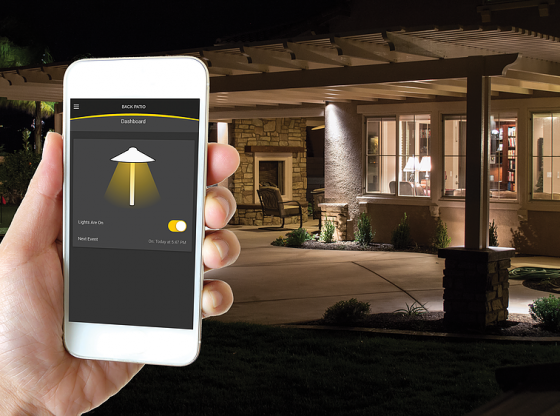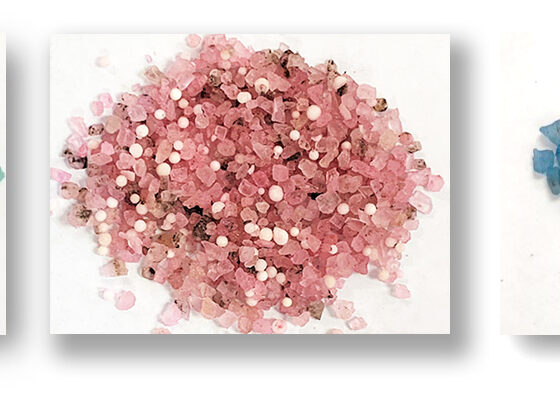Mosquitoes are known for irritating itchy bites and infectious diseases. The best way to keep mosquitoes away is to remove sources of water by setting up proper drainage with NDS and ADS products. For even more protection, install Nutone Haven Mosquito Repellent.
Here are 9 things you may not know:
1. Mosquitoes have been around forever. By “forever,” we’re talking about 210 million years old. The name “mosquito” itself is around 400 years on, originating from the Spanish term “little fly.”
2. There are more than 3,000 species. Out of this, only a couple hundred types feed on human blood. Under 200 of them are found in the United States. The Anopheles is a known malaria carrier, and three others in the US are known to spread various forms of encephalitis. Zika is spread primarily by the Aedes aegypti mosquitoes. West Virginia has the fewest number of species in the continental US. There are around 60 different species of mosquito in Ohio alone.
3. Only females “bite.” The female mosquitoes needs blood to help eggs develop. Male and female themselves don’t need the blood. They mainly feed on fruit and plant nectar. And, “bite” isn’t really accurate as mosquitoes don’t have teeth. The females pierce the skin with a long, pointed mouth part, locate a capillary, then draw blood through one of two tubes
4. The bumps we get are caused by an allergic reaction to their saliva. While one tube draws blood, a second pumps in a mild painkiller and an anti-coagulant. It is actually the saliva that causes the area around the bite to swell and itch.
5. Humans are not the first blood choice. Mosquitoes actually prefer cattle, horses, and even birds. However, when they do bite us, they stock up! If they aren’t swatted away, a mosquito can drink three times its weight in blood.
6. Female mosquitoes can lay up to 300 eggs at a time. Eggs are usually deposited on the surface of stagnant water. They are also laid in areas that flood regularly. This is why drainage is key to keeping them at bay! Eggs can hatch in as little as an inch of standing water. Females might lay eggs up 900 eggs, as they can lay eggs up to three times before they die.
7. The average mosquito lives less than two months, and they can hibernate. Males have a short lifespan, living 10 days or less. Meanwhile, females can live up to eight weeks. However, at temperatures less than 50 degrees they shut down. Females that do hibernate may live up to six months.Some adult females will find holes where they await warmer weather. Others lay their eggs in freezing water and die. The eggs keep until the temperatures rise, and they can hatch. Again, proper drainage is key to eliminating this threat.
8. While we humans hate mosquitoes, animals love them: Mosquitoes are a reliable food source for fish, frogs, bats, birds, and even other instincts. This may be because they can’t fly very far or very fast. Most mosquitoes can fly no more than about one to three miles, and often stay within several hundred feet of where they were hatched. Their top speed is about 1.5 miles per hour. And, they generally fly below 25 feet. Some species, however, have also been know to travel much higher.
9. They are drawn to humans by our breath, sweat, body heat, and more. Their antennae have receptors that detect carbon dioxide as we exhale. Anyone who breathes more will likely be more attractive. Sweat also helps mosquitoes choose their victims. Our skin produces hundreds of chemical odors, some of these smell like dinner for eggs to a mother mosquito. In addition, body heat can also lead to bites. Mosquitoes use heat sensors to detect the warmth of our bodies.Like beer? So do mosquitoes, they are drawn to people drinking beer. And, some mosquitoes are attracted to feet. Movement also attracts mosquitoes.
Contact your local Wolf Creek Company location for help with drainage to prevent mosquitoes from becoming a problem for your customers.
Information for this article was gathered from here.











